The Foundation Global Initiative on Psychiatry –Tbilisi is a Georgian-based not-for-profit organization that assists professional communities, NGOs, international agencies, governments, universities, and other development institutions in the Caucasus, Central Asia, and other countries (i.e. Ukraine) to improve rights-based mental health care.
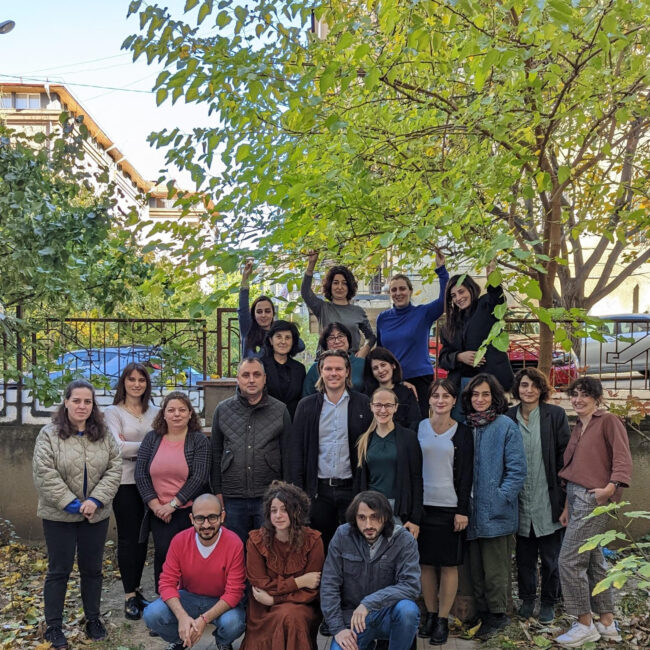
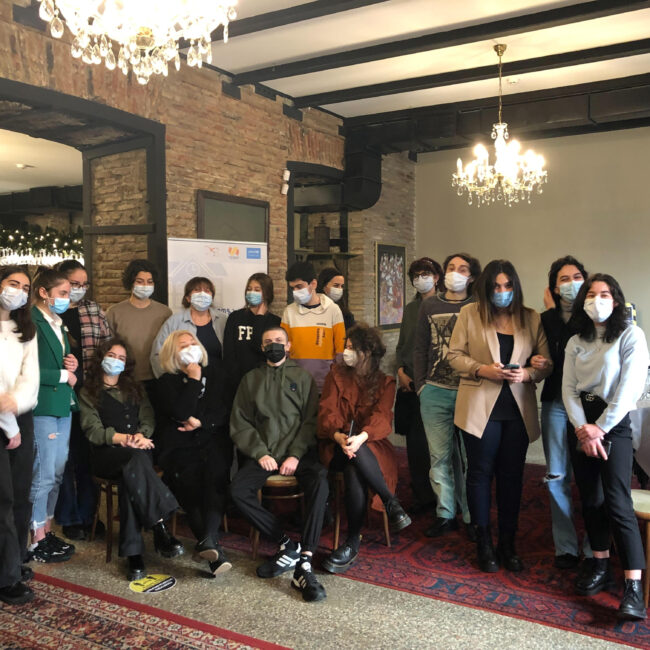
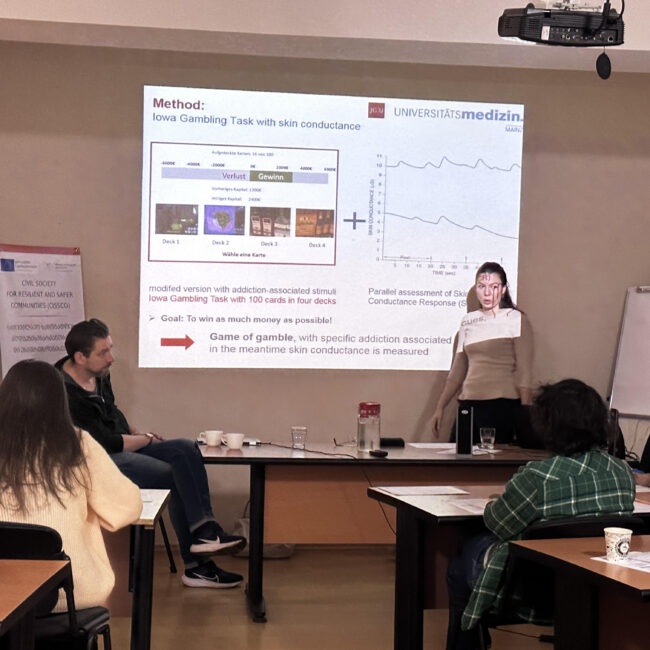
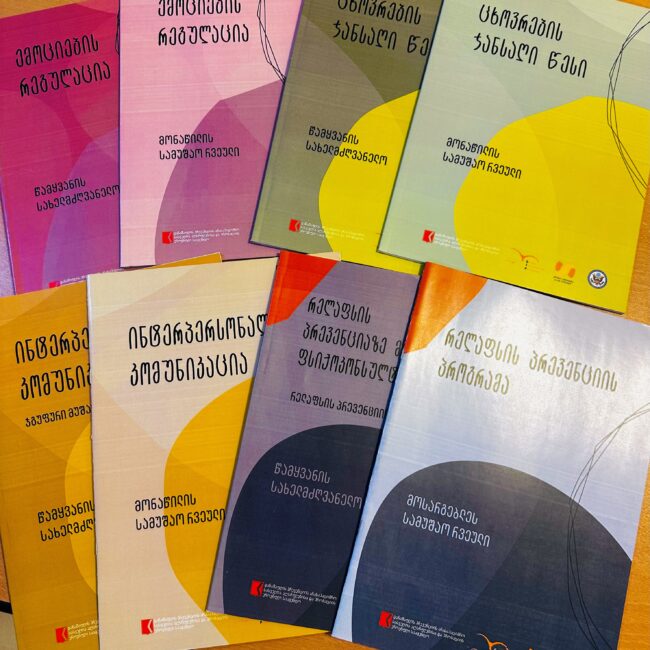
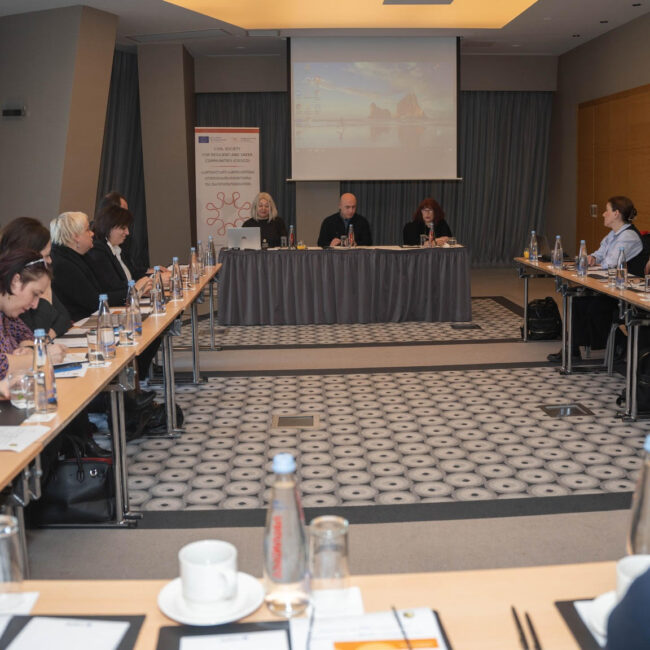
The organization started its activities in May 2003, under the name of “Geneva Initiative on Psychiatry – Tbilisi” as the Regional Support Centre for the Caucasus and Central Asia. In April 2005 the name of the organization was changed to “Global Initiative on Psychiatry – Tbilisi” (GIP-Tbilisi). GIP-Tbilisi is a member of the GIP Federation with other partner GIP organizations.
GIP – Tbilisi aims to work at 3 levels of society to achieve maximal effect:
To introduce and develop innovative, culturally sensitive, acceptable approaches to mental health care GIP-T supports innovative projects. services and activities.
To foster rights-based mental health care GIP-T provides and supports the dissemination of modern literature, capacity building, workshops, and local and international conferences, and partners with universities. Research is a priority that allows us to find new knowledge and evidence that could inform programs, policies, and practices in the mental health field.
The main strategy is to influence the governments and other key stakeholders to shift towards rights-based care, and conform to universal human rights mechanisms and modern standards of global mental health; to support the development of relevant mental health policies, programs, and plans; to create the monitoring mechanism and supervising independent bodies for ensuring respect and autonomy of people with mental ill health.
Priority Program Areas:
Current Projects
This project aims to reduce crime and drug abuse in Georgia, focusing on youth, women, and vulnerable communities. It works on improving prevention, rehabilitation programs, and mental health services, while supporting disadvantaged groups like ethnic minorities and women.
This project supports war-affected victims of the 2008 conflict, offering mental, medical, and social assistance to promote recovery and social cohesion. It also helps foster income-generating activities, including supporting small agricultural projects.
This project introduces Transcranial Magnetic Stimulation (TMS) therapy to Georgia, enhancing mental health services at Ilia State University. It provides new clinical practice and research opportunities, aiming to improve treatment for mental health conditions.
This project helps media professionals manage work-related stress during the election period by providing workshops, stress-management information, and individual counseling sessions.

Lorem ipsum dolor sit amet, consectetur adipiscing elit. Mauris tempus nisl vitae magna pulvinar laoreet.
Past Projects
Developed clinical guidelines and pathways for disorders like Dementia, Psychosis, and Depression, based on international evidence. Guidelines were shared with Georgia’s Ministry for further adaptation.
This campaign educated parents and teens on drug misuse prevention and healthy lifestyles through webinars, training sessions, and social media outreach.
Aimed at improving mental health care accessibility for people with mental disorders by training primary health care professionals and raising public awareness about mental health issues.
Promoted emotional well-being among students in Tbilisi and Adjara during their return to schools post-COVID, through peer education and awareness-raising events.
Strengthened the capacity of primary healthcare workers to address mental health issues caused by COVID-19, with training in trauma management and self-care.
Promoted the rights of people with mental disorders through advocacy, capacity building, and increased funding for mental health care. Contributed to crime prevention and the re-socialization of juveniles.
Developed rehabilitation programs for people in conflict with the law, focusing on emotional management, interpersonal relationships, and relapse prevention.
Strengthened primary healthcare providers' capacity to address mental health problems related to COVID-19, training specialists and providing mental health support to over 900 individuals.
COMPASS-GE aims to reform Georgia’s mental healthcare system through rights-based, evidence-informed policies, promoting inclusivity, community-based care, and alignment with the National Mental Health Strategy (2022–2030).
Since April 2019, GIP-T has run a mental health service in 2 main cities of Georgia – Club Synergy Tbilisi and Batumi, offering multidisciplinary care to adolescents and youth (14-25) and their family members.
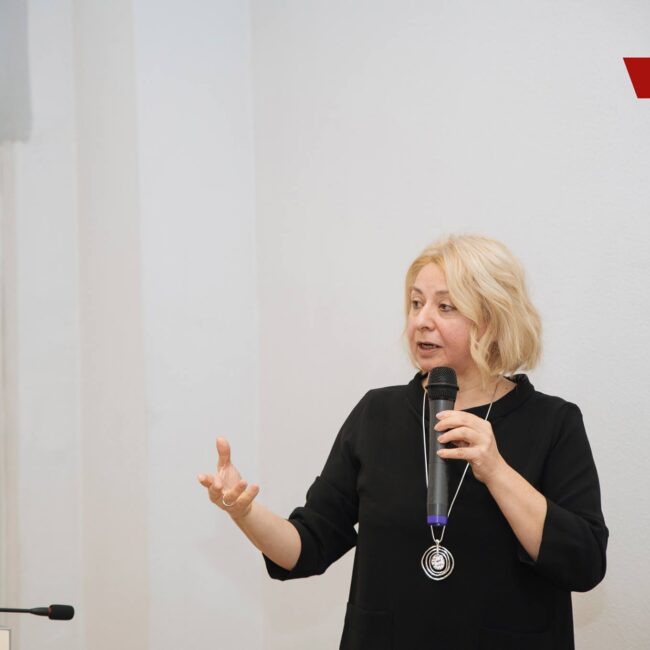
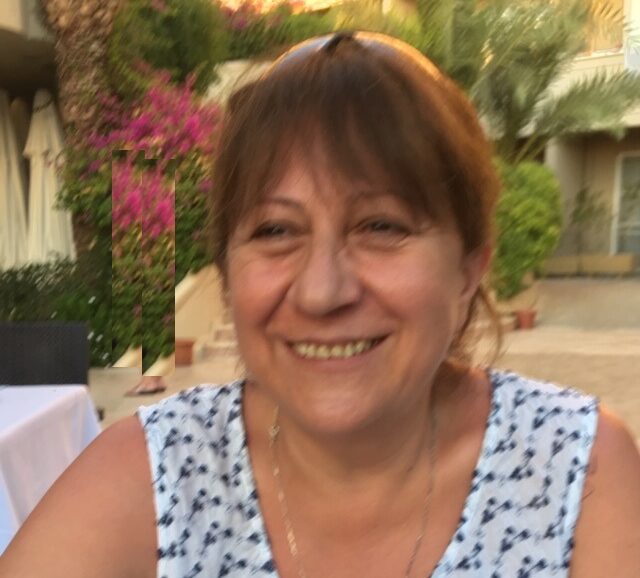
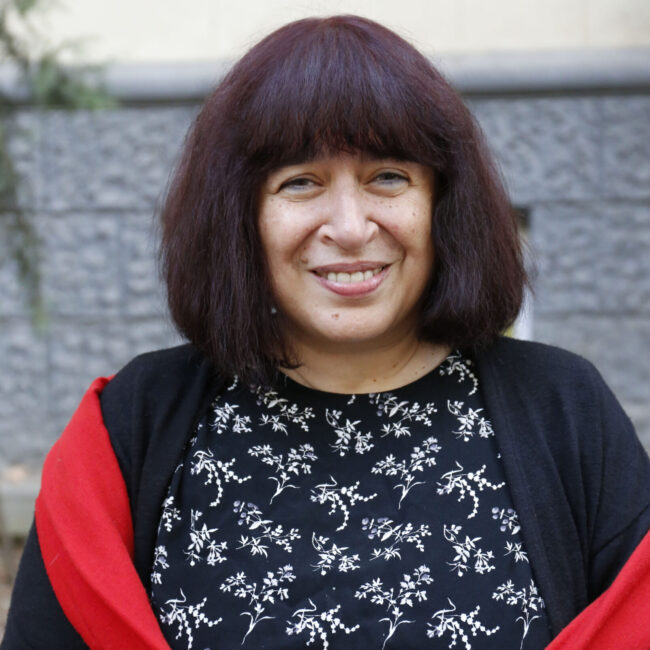

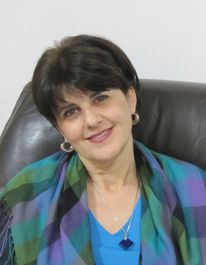

State Partners: Healthcare and Social Issues Committee of the Parliament of Georgia. Department of Health Care Policy of the Ministry of Labor, Health and Social Affairs; Office of Resource Officers of Education Institutions of the Ministry of Education and Science of Georgia; Crime Prevention Referral Center and National Probation Agency.
International Partners: Oxford Brooks University, Eppendorf University Clinic – Hamburg, The London School of Hygiene & Tropical Medicine, Cardiff University, Stichting The CARe Network.
Local Partners: Curatio International Foundation, Institute of Democracy (IOD), Ilia State University, Georgian Center for Psychological and Medical Rehabilitation of Torture Victims (GCRT), Alliance for Better Mental Health(ABMH), Alternative Georgia, Onlain media organization Publika.
7 Gabashvili Str. | Tbilisi 0162 Georgia
Tel. 995 32 2235314
tbilisi@gip-global.org